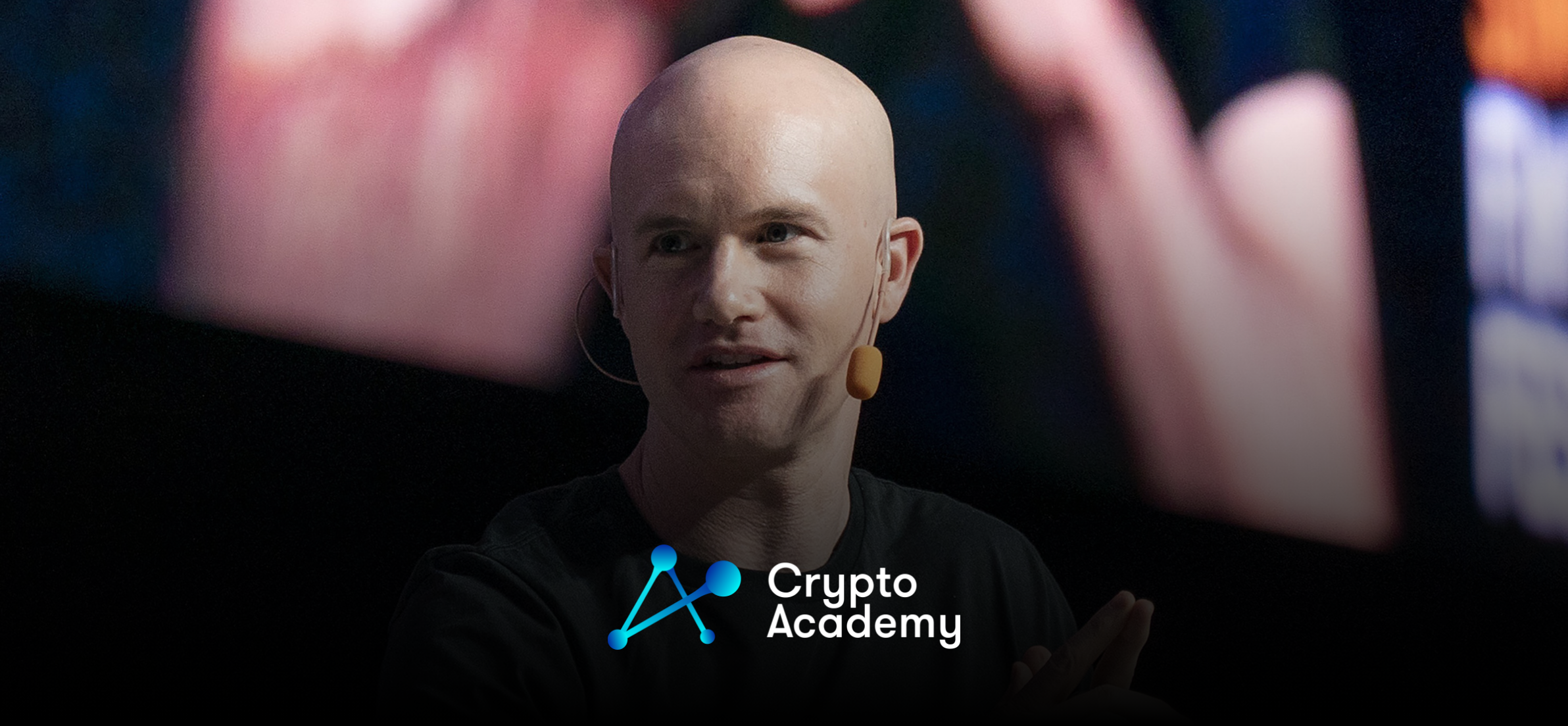In a recent tweet, Brian Armstrong, the visionary CEO of Coinbase, took a hard stance against the US Commodity Futures Trading Commission’s (CFTC) approach towards the decentralized finance (DeFi) realm.
The CFTC should not be creating enforcement actions against decentralized (DeFi) protocols. These are not financial service businesses, and it’s highly unlikely the Commodity Exchange Act even applies to them.
My hope is these DeFi protocols take these cases to court to establish precedent. The courts have proven to be very willing to uphold rule of law.
The only thing this is accomplishing is to push an important industry offshore.
Brian Armstrong on Twitter
The underlying message was clear: The CFTC’s aggressive stance might inadvertently push a groundbreaking industry offshore, depriving the US of its innovative potential.
The CFTC’s Current Crackdown on DeFi Platforms
The CFTC’s tightening grip on DeFi platforms is evident. Recent action saw legal pursuits against three prominent firms operating within the DeFi ecosystem, namely Opyn Inc., ZeroEx Inc. (or 0x), and Deridex Inc. Alleged violations of federal digital asset derivatives trading laws led to financial penalties of $250,000, $200,000, and $100,000 respectively for these companies. The essence of the charges revolved around non-compliance with the Commodity Exchange Act (CEA) and related CFTC guidelines.
Taking a cooperative stance, these firms found some leniency in their penalties. Ian McGinley, the CFTC’s Director of Enforcement, explained, “The DeFi space may be novel… but the Division of Enforcement will continue to… aggressively pursue those who operate unregistered platforms.”
Is the CFTC’s Action Justified or Overreach?
In June 2023, the CFTC celebrated a significant victory against Ooki DAO, reinforcing the notion that decentralized entities aren’t immune to stringent legal consequences. Ooki DAO faced a hefty penalty, permanent closure, and website shutdown.
However, not everyone within the CFTC lauds such an aggressive stance. Commissioner Summer K. Mersinger voiced her concerns, noting the shift from public engagement to strict enforcement. Mersinger elaborated, “‘Enforcement First’ has not always been the CFTC’s default position.”
The crux of Mersinger’s concerns centred on the lack of evidence suggesting misappropriation of customer funds or deception by these DeFi entities. It poses the question: Is the CFTC’s action proactive protection or mere punitive action?
Future Implications and DeFi Industry Repercussions
Brian Armstrong’s warning against driving the DeFi industry offshore resonates even more deeply in light of these recent enforcement actions. While regulations aim to protect, they should also support innovation. The fear is that without clear guidelines, the U.S. may inadvertently alienate an industry that’s reshaping the financial landscape.
As the CFTC forges ahead, industry stakeholders, led by figures like Armstrong, hope for balanced regulations that protect consumers without stifling innovation.
Armstrong’s call to arms for DeFi platforms to take these cases to court isn’t just about Coinbase or any single entity. It’s a plea for clarity, understanding, and collaboration in an era of rapid technological evolution. Only time will tell if these voices of reason will pave the way for a harmonious future between DeFi and regulators.

